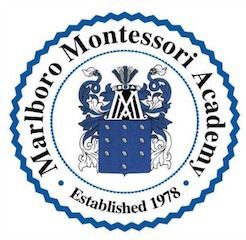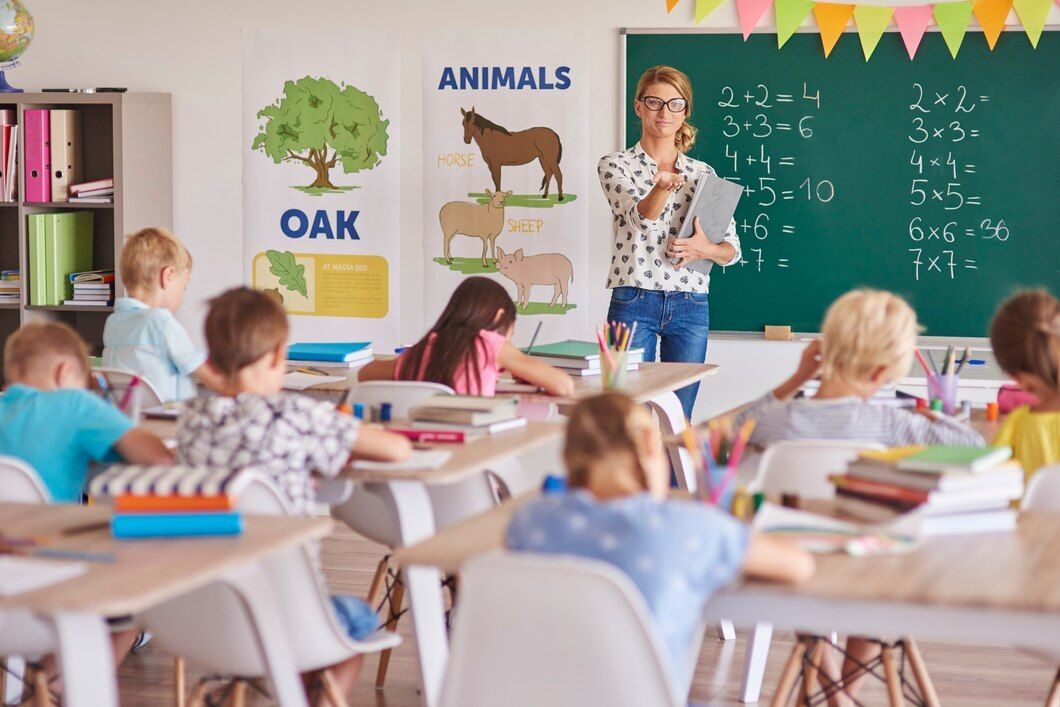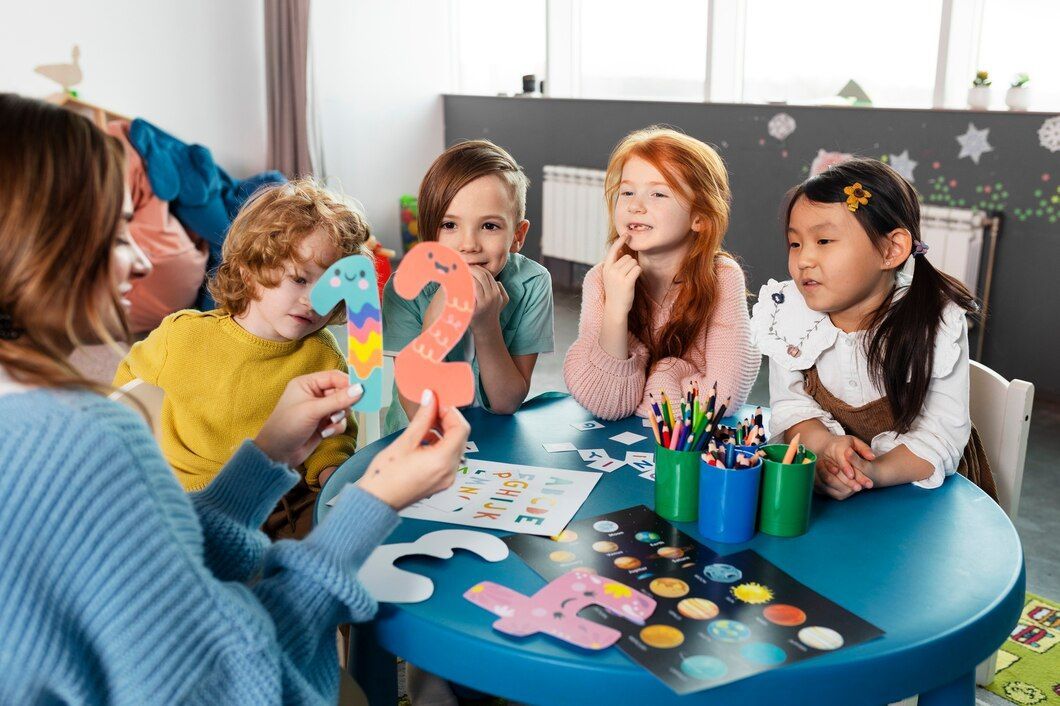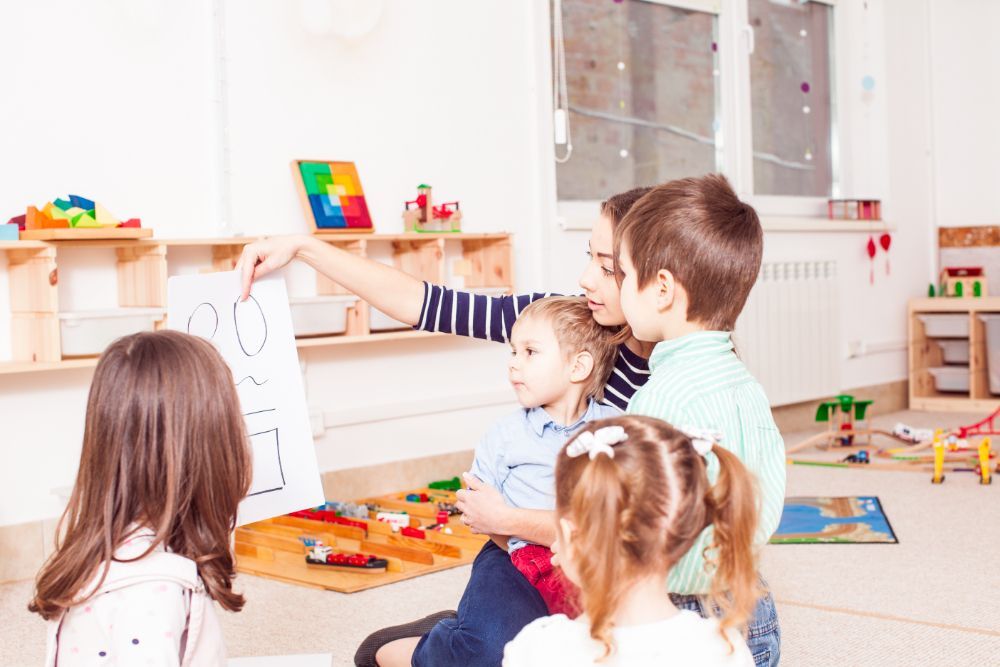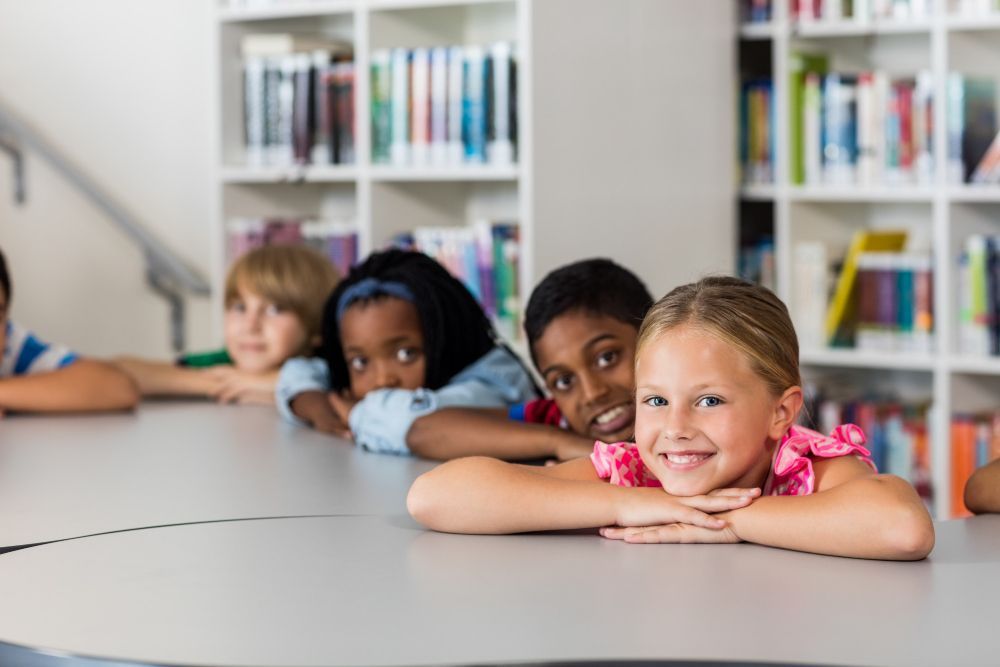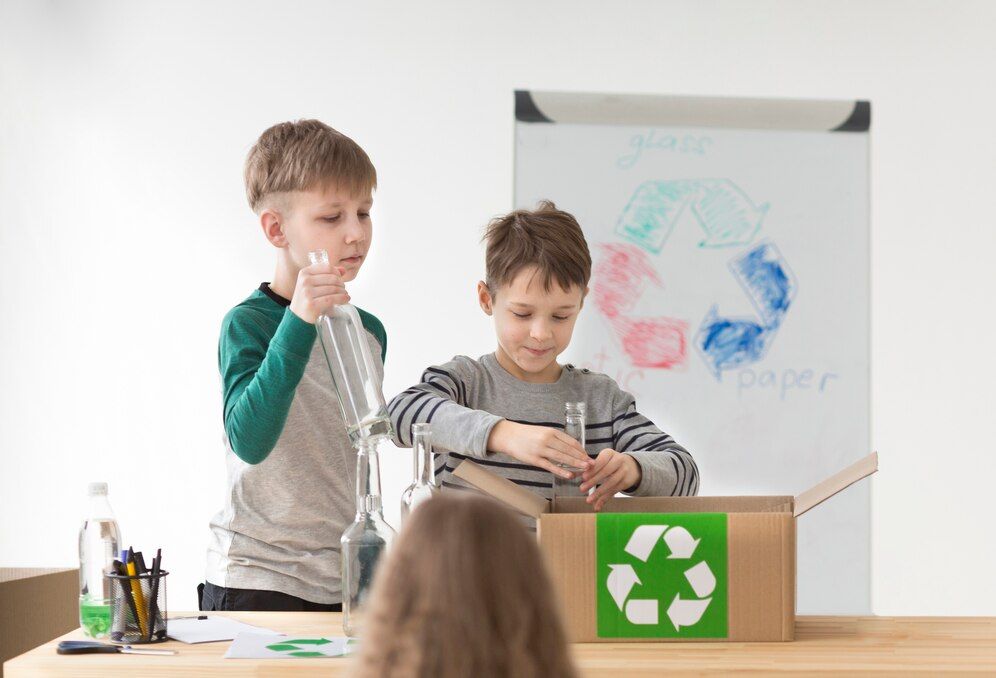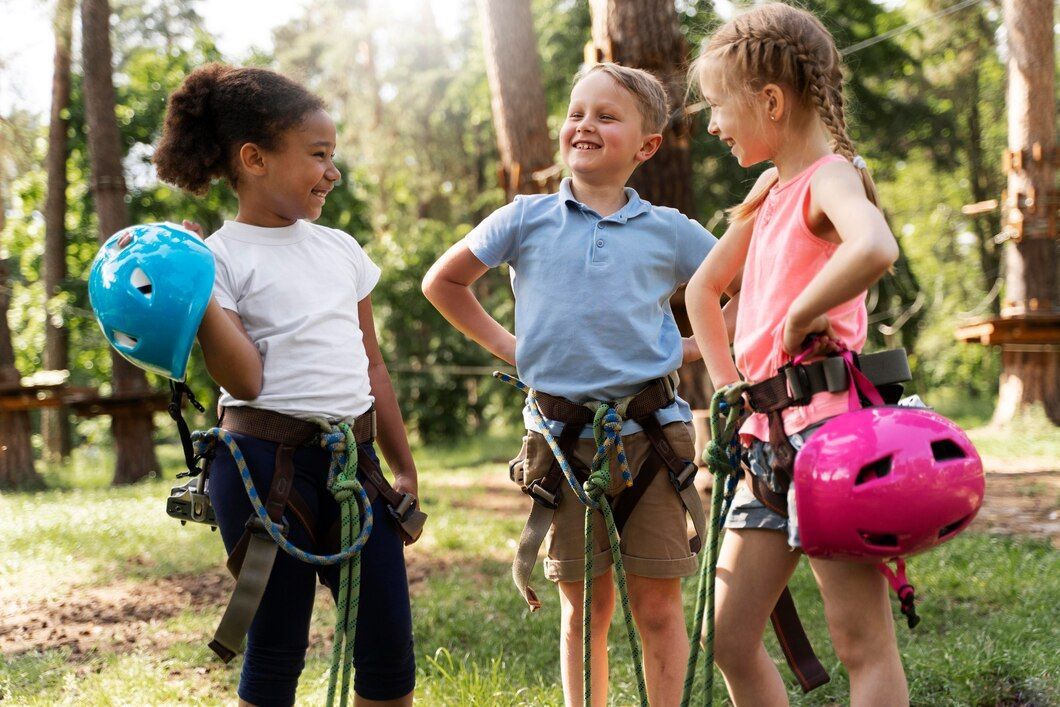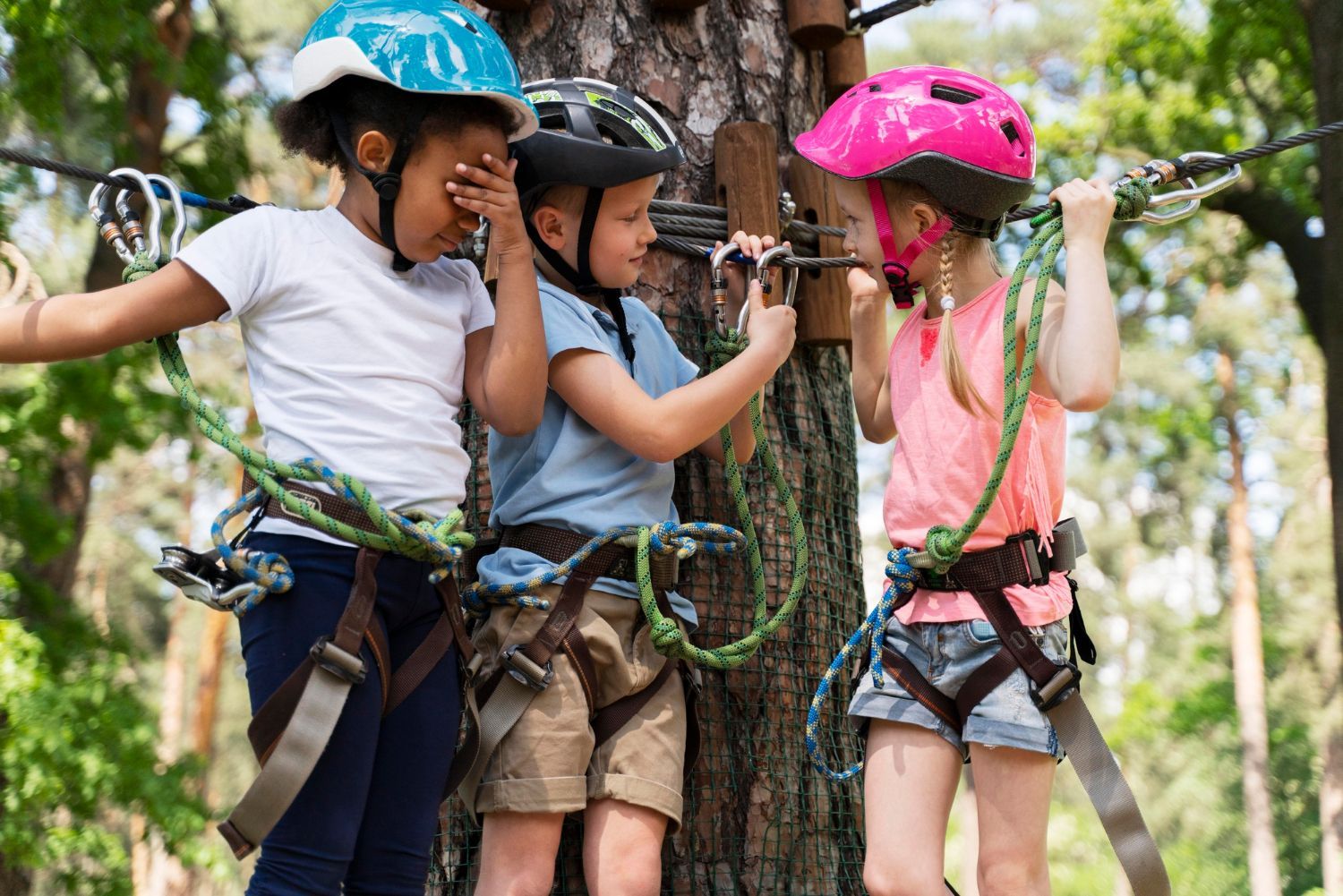How Montessori Schools Make Learning Fun for Preschoolers in Colts Neck
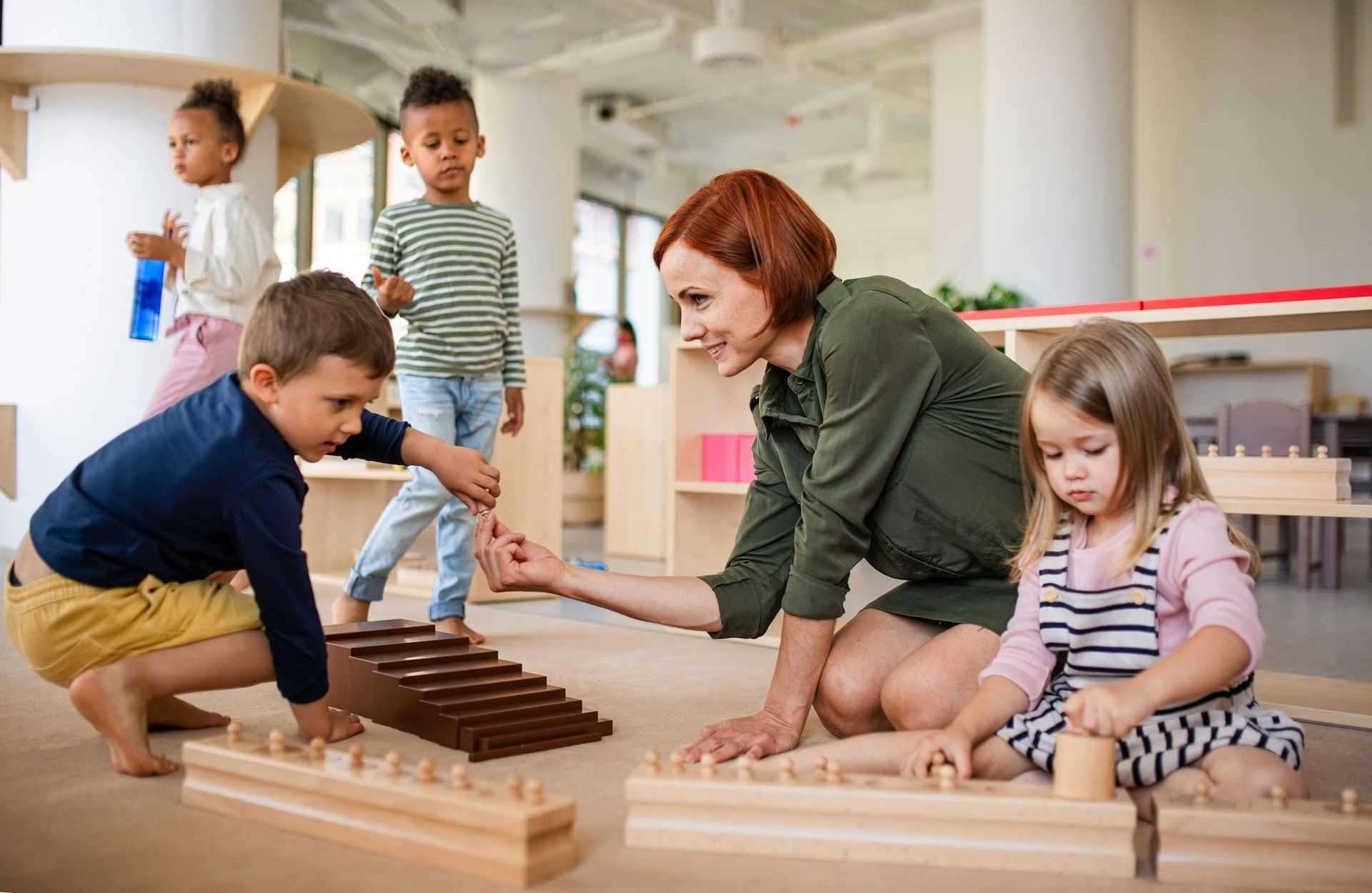
Montessori education offers a unique approach to learning that focuses on the individual needs of each child. This method has gained popularity due to its emphasis on interactive and hands-on learning. Children in Montessori schools learn by doing, which helps them better understand and retain new concepts. The approach is especially beneficial for preschoolers, providing a strong foundation in both academics and life skills.
One of the key features of Montessori education is its interactive learning environment. Classrooms are designed to encourage exploration and independence. Children have access to a variety of learning materials that they can choose from, allowing them to follow their interests and learn at their own pace. This freedom fosters a love for learning and helps children develop critical thinking and problem-solving skills.
In addition to fostering academic growth, Montessori education also emphasizes the importance of play-based learning. Play is a fundamental part of a child’s development, and Montessori schools incorporate it into their curriculum in meaningful ways.
Through creative activities and play, children learn social skills, emotional regulation, and how to collaborate with others. This well-rounded approach ensures that children are not only prepared for the next stage of their education but also for life.
Choosing the right Montessori school is crucial for your child's development. In Colts Neck, NJ, several schools offer exceptional Montessori programs. Understanding what to look for in a Montessori school can help you make the best decision for your child’s future.
Interactive Learning Environments in Montessori Schools
Montessori schools create interactive learning environments that encourage children to explore and engage with their surroundings. These classrooms are carefully designed to promote independence and curiosity. Every element, from the furniture to the educational materials, is chosen to support the child's learning journey.
One of the hallmarks of Montessori environments is the variety of learning stations. These stations cover different subjects like math, language, science, and practical life skills. Children move freely between these stations, choosing activities that interest them. This setup allows children to learn at their own pace and follow their natural curiosity.
Another key feature is the use of hands-on materials. Montessori classrooms are filled with tools and objects that children can touch and manipulate. For example, instead of just learning numbers on paper, children might use bead chains to understand counting and addition. These tactile experiences help children grasp complex concepts in a concrete way.
Teachers in Montessori schools act as guides rather than traditional instructors. They observe the children and provide support when needed but allow the kids to take charge of their own learning.
This approach builds confidence and critical thinking skills as children learn to make decisions and solve problems independently. The result is a vibrant, interactive environment where children feel empowered to learn and grow.
Creative Montessori Activities for Preschoolers
Montessori activities for preschoolers are designed to be both fun and educational. These activities help young children develop essential skills in a playful and engaging way. Let's look at some creative Montessori activities that preschoolers love.
1. Practical Life Skills: Activities like pouring water, buttoning clothes, and sweeping floors teach children independence and fine motor skills. These tasks might seem simple but are incredibly important for developing coordination and self-confidence.
2. Sensorial Activities: These exercises help children refine their senses. Preschoolers might match fabrics by touch, sort objects by color, or identify scents from different bottles. These activities sharpen their sensory perception and are a lot of fun.
3. Art and Creativity: Montessori schools encourage creativity through open-ended art projects. Children are given various materials like paint, clay, and markers, and are free to create whatever they imagine. This fosters creativity and helps them express their thoughts and feelings.
4. Learning with Nature: Outdoor activities play a significant role in Montessori education. Children might plant seeds in a garden, collect leaves, or observe insects. These experiences connect them to the natural world and teach them about science in a hands-on way.
5. Math and Language Games: Montessori materials like sandpaper letters and number rods make learning math and language interactive. Children trace letters to learn their shapes and sounds, or use rods to understand quantities and sequences. These games make abstract concepts more tangible.
These activities not only make learning enjoyable but also ensure that children develop a wide range of skills. By using creative and hands-on methods, Montessori schools help preschoolers build a strong foundation for their future education.
Benefits of Play-Based Learning in Montessori Education
Play-based learning is a cornerstone of Montessori education. This approach recognizes that children learn best when they're actively engaged in activities that are enjoyable and meaningful to them. When children play, they develop not just academic skills, but also social and emotional abilities.
First, play-based learning fosters creativity and imagination. Children use their creativity to explore and experiment, whether they're building with blocks, role-playing, or creating art. This boosts their problem-solving skills and helps them think outside the box.
Second, play-based activities improve social skills. As children interact during play, they learn to cooperate, take turns, and resolve conflicts. These interactions teach them how to communicate effectively and understand others' perspectives. These skills are essential for forming strong relationships throughout their lives.
Lastly, play-based learning supports emotional development. Play provides a safe space for children to express their feelings and work through their emotions. For example, role-playing different scenarios helps them understand and cope with various situations. This emotional intelligence is critical for their overall well-being.
In a Montessori classroom, play-based learning integrates seamlessly with academic subjects. Math games, science experiments, and language activities are presented in playful ways that engage young minds and make learning an enjoyable journey.
Choosing the Right Montessori School in Colts Neck, NJ
Choosing the right Montessori school for your child is an important decision. Colts Neck, NJ, offers several Montessori schools with unique programs and environments. Here's a guide to help you make an informed choice.
1. Visit the School: Before deciding, visit each potential school. Observe the classrooms, speak with teachers, and get a feel for the environment. Look for a clean, well-organized space with a variety of engaging materials. The atmosphere should be welcoming and supportive.
2. Teacher Qualifications: Check the qualifications and experience of the teachers. Montessori educators should have specialized training in the Montessori method. Experienced teachers with a passion for education can make a significant difference in your child’s learning experience.
3. Curriculum and Activities: Ask about the school’s curriculum and daily activities. Ensure the program aligns with Montessori principles and offers a balance of academic, social, and practical life skills. Find out how the school incorporates play-based learning and outdoor activities.
4. Class Size and Student-Teacher Ratio: Smaller class sizes and low student-teacher ratios are ideal. This allows for more personalized attention and better support for each child’s individual needs.
5. Parent Involvement: Consider the level of parent involvement encouraged by the school. Montessori schools often have a strong community feel, with opportunities for parents to participate in events and activities. This can enhance your child’s educational experience and create a supportive network.
Choosing a Montessori school is about finding the right fit for your child and family. Take your time to research and visit different schools in Colts Neck to make the best decision.
Conclusion
Montessori education offers a unique and effective approach to early childhood learning. With its focus on interactive environments, creative activities, and play-based learning, Montessori schools help children develop essential skills for both academic and personal growth. These benefits make Montessori education a valuable choice for families seeking a well-rounded and nurturing environment for their children.
If you live in Marlboro, NJ, or the nearby Colts Neck area, you have access to several excellent Montessori schools that can provide the ideal setting for your child's development. By understanding the key elements of a quality Montessori program, you can make an informed decision that will positively impact your child’s education and future.
Ready to explore the benefits of Montessori education for your child? Contact Marlboro Montessori Academy today to learn more about our
Montessori preschool programs and see how we can support your child’s unique learning journey. Your child's bright future starts here.
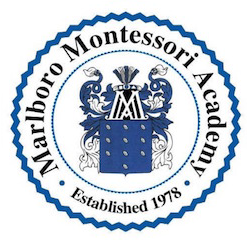
Navigation
Contact Info
Phone Number: 732-946-8887
CAMP: 732-946-2267
Email: admin@marlboromontessoriacademy.com
GPS Address
257 Highway 79
Morganville, NJ 07751
Mailing Address
P.O. Box 272
Wickatunk, NJ 07765
All Rights Reserved
All Rights Reserved | Marlboro Montessori Academy
Marlboro Montessori Academy
